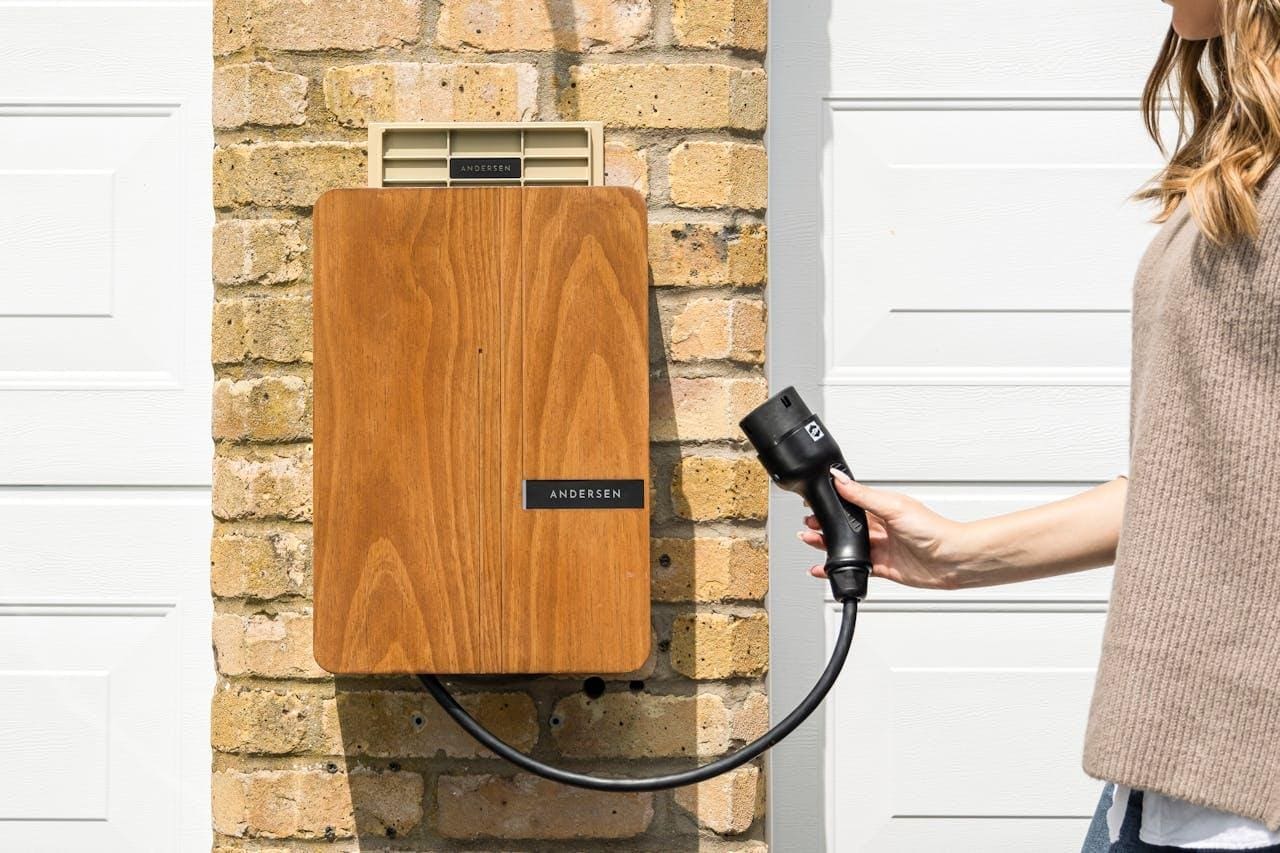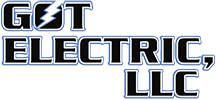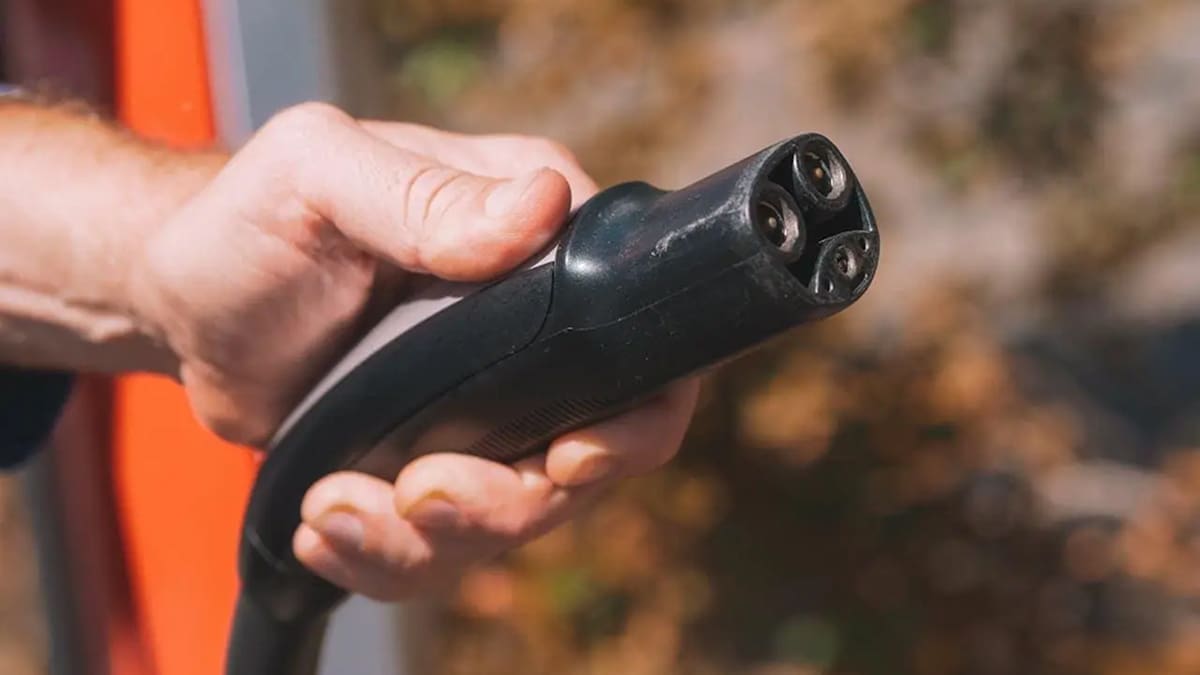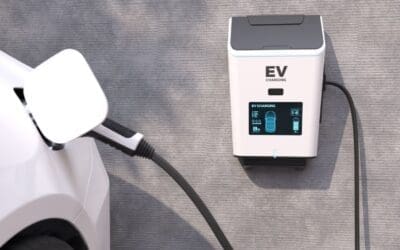Electric vehicles are becoming increasingly prevalent in recent years. One of the main reasons people buy electric vehicles is that they are high-tech and good for the environment. However, one of the most significant problems with owning an electric vehicle is that it needs to be charged, and most homes don’t have chargers. However, if you are considering buying an electric vehicle, it would be convenient to have an electric charger at home, too. Not only is it convenient, but it is also cheaper because public charging stations can cost more in the long run. This guide walks you through everything you need about electric vehicle charger installation for your home.
Understanding EV Charger Types
Before diving into the specifics of the installation procedure, one thing to know is that EV charges come in different types. The first type of charger is called a level 1 charger, which uses standard 120 V household outlets. Such chargers can enhance three – five miles of range per every hour of charging. They also don’t require complex installation, but they also offer slower charging.
The other kind is level 2 chargers; they operate on 240 V. They are faster than level 1 chargers and can add 12 – 60 miles of range per hour, depending on your vehicle. This is also the most common type of charger.
The last kind is DC fast chargers; these are commercial-grade chargers that aren’t typically installed in homes as they require high power and cost more.
Pre-Installation Considerations
Before you purchase a home electric car charger, you need to do some additional research. First and foremost, you need to determine whether your home’s electrical system can handle the extra load. Check your electrical panel, as most level 2 chargers need a dedicated 40 to 50-amp circuit. Most contemporary homes have 200 amp service, which is more than adequate. However, if you live in an older home, it might only have 100 amp service, which will require an upgrade. Installing an EV charger is serious, so you should consult an electrician to assess your home and advise you on necessary upgrades.
Selecting the Right Location
Now that the research is out of the way, you need to consider the location of your EV charger. You should consider how far the charger should be from your parking space, as it should be within easy reach of your vehicle. You also need to ensure that the charger is protected from the elements. Even though most chargers are water resistant, keeping the water away entirely will surely extend the life of the equipment. You should also consider cable management; poor cable management will ruin the look of your driveway.
Choosing Your Charger
Once you are done with all the nitty gritty, it is time to choose an electric car charger for your home. There are a small number of things to consider when picking out an electric car charger. The first thing is amperage; high amp ratings charge faster but require better electrical infrastructure. Other chargers even offer Wi-Fi connectivity, providing scheduling options and tracking usage. You should ensure that you have sufficient cable length so that it can reach your vehicle easily. If you are considering installing your charger outside, you should choose a charger with the right features to protect it from the weather. Most importantly, you should look for a compatible charger with your electric vehicle. Most EVs use a standard J1772 connector, but some cars have other requirements.
The Installation Process
When you are installing the charger, there are somethings that you need consider. For example, you need to deal with permits and regulations. You need to get in touch with your local building department to know the permit requirements. You should also talk to your utility provider, as some companies offer special rates for EV charging.
Professional vs. DIY Installation
Some homeowners consider installing EV chargers on their own, while others choose to hire a professional. Hiring a professional electrician is recommended for several reasons. For starters, a professional is well-versed with safety protocols that are quite important when working with high-voltage electrical systems. Professionals also understand local electrical codes and requirements. Knowing these rules with protect your from legal troubles if something goes wrong.
If something doesn’t work like it is supposed to later on you will have the option to ask the professional electrician to fix it as they come with a warranty. The biggest reasons to hire a professional electrician is that they offer experience and expertise.
Typical Installation Steps
The installation steps are pretty simple to follow. Still, if you plan to do it on your own, you might run into problems during the process, which might cause complications. The first step is to upgrade your electrical panel; this is done to accommodate the power needs of the EV charger. You also need to install fresh wiring for the charger’s panel. Some codes also require you to install a disconnect switch near the charger. Next, you need to mount the actual physical unit to a wall. Then, just make the final connections and test the system.
Other Considerations
You need consider the cost of charger installation, that can range between $500 and $2,500. Labor can cost between $300 and $1000 while permits can cause a few $100 as well. Once the installation is done you need to worry about maintenance. This means periodically check the cables for damage. You also need to keep your smart charger up to date with the latest software.

Conclusion
Installing a home electric car charger is a big investment but it can save money in the long run. It is also about convenience as it is better to have the option to charge your car at home rather than going to a public charger. If you are thinking about installing and EV car charger at your home, you should consider hiring an electrical professional as well.
With offices in Ijamsville, MD & Linville, VA, Got Electric offers residential and commercial electric work, including installation, safety inspections, repairs, lighting design, and troubleshooting.
Got Electric also specializes in solar Energy Projects. Our electricians are fully licensed by state and local jurisdiction, ensuring that your electrical projects will be installed to industry and code standards.
Energized by Auxilium Technology






